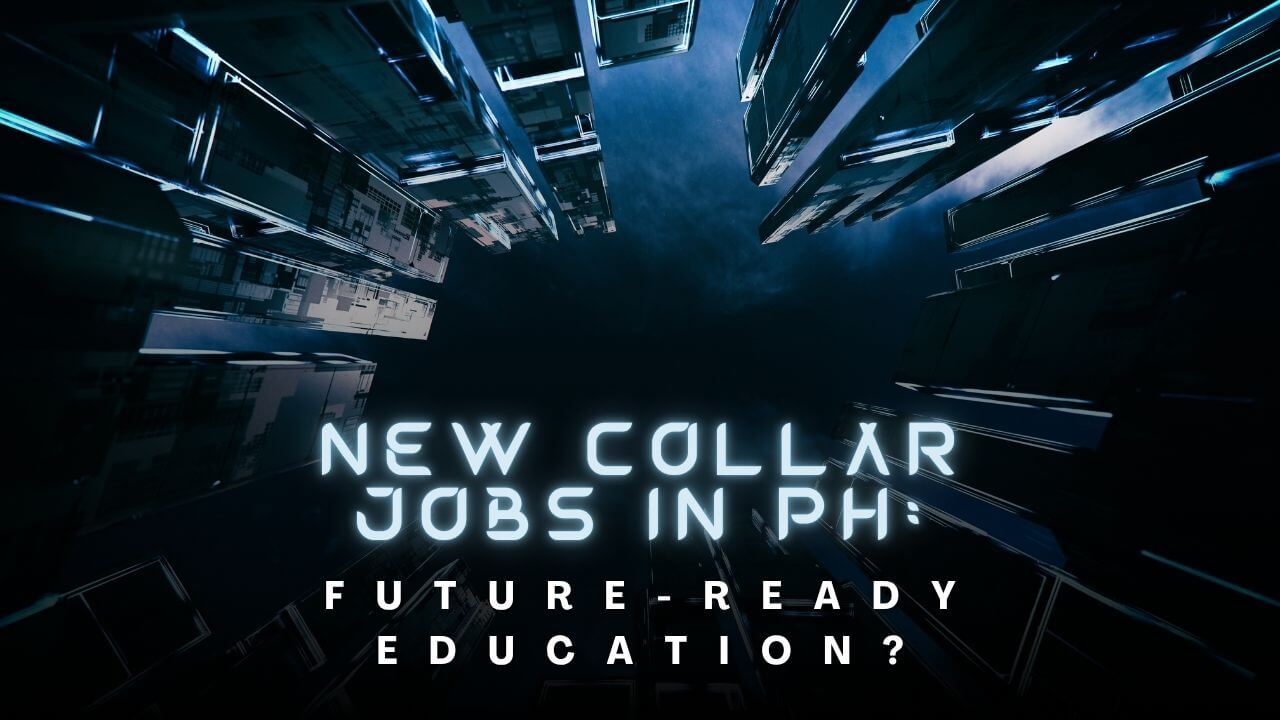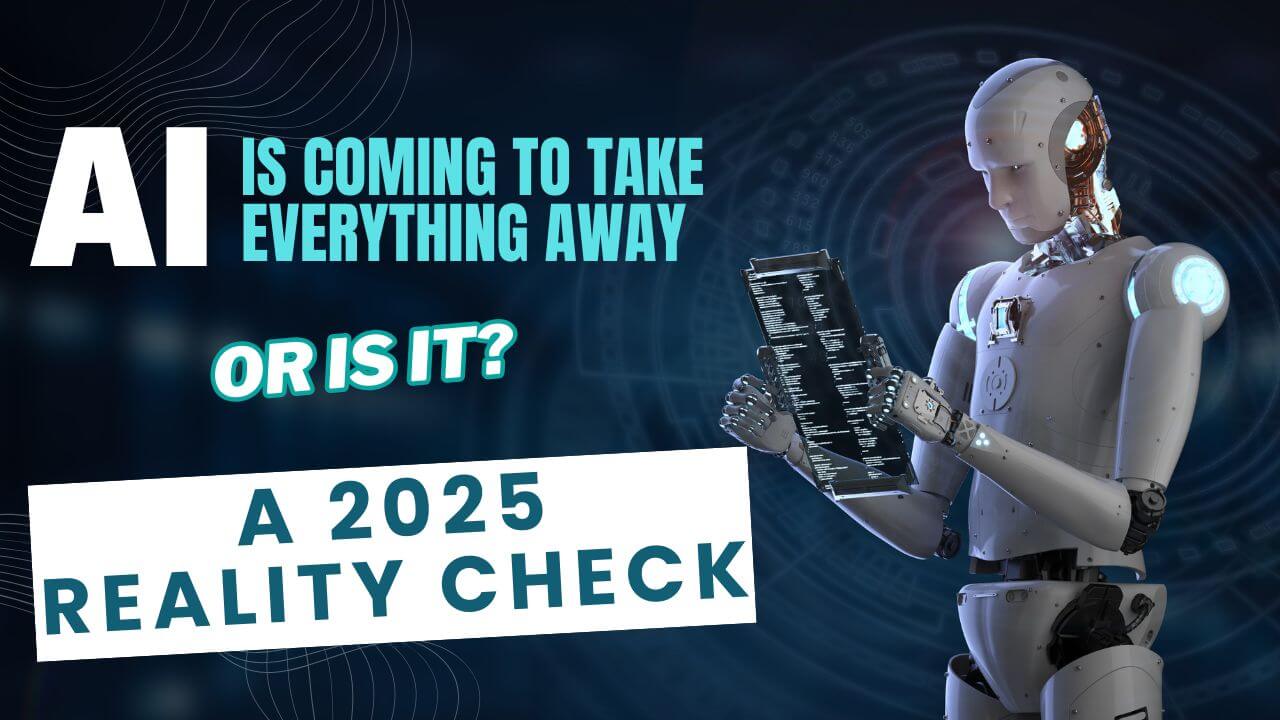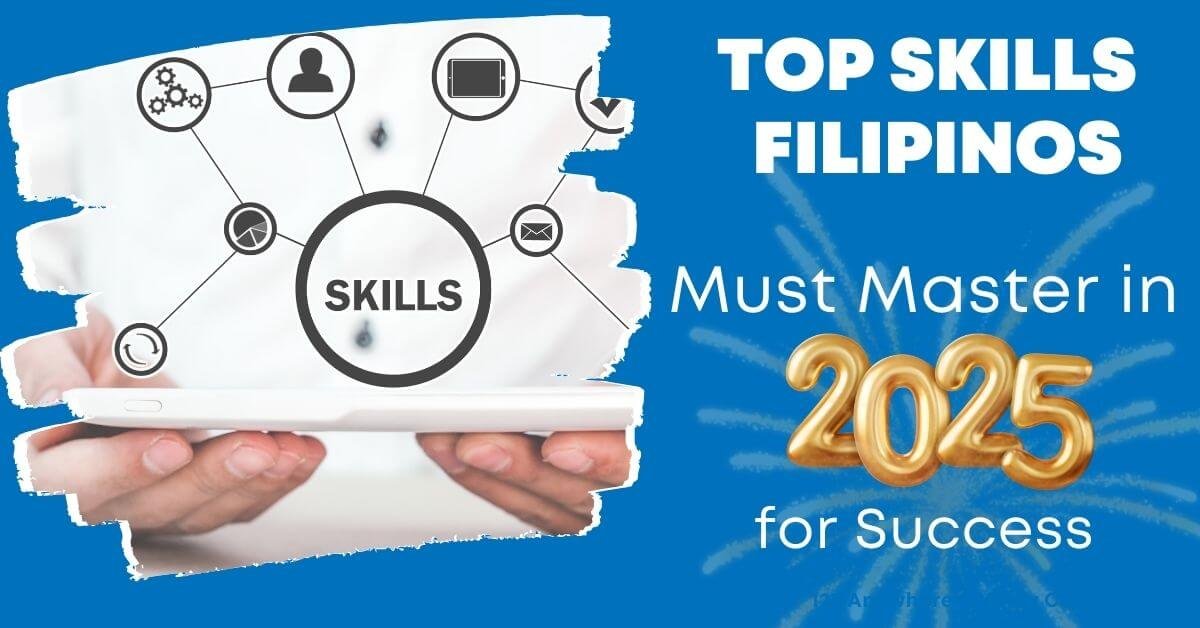The rapid evolution of technology, driven by AI and automation, is reshaping the global workforce. In this exciting era, new-collar jobs are emerging as the bridge between traditional blue-collar and white-collar roles. For Filipinos, these work opportunities are not only a chance to level up but also a clarion call for a reexamination of how our education and skills training are keeping pace with technological change.
What Are New Collar Jobs?
Unlike conventional roles that prioritize degrees and legacy experience, new-collar jobs focus on practical skills, continuous learning, and adaptable expertise. They represent work where:
- Hands-on skills trump formal degrees.
- Technical knowledge is acquired through boot camps, vocational training, and certifications.
- Practical, real-world problem-solving is the cornerstone.
New collar jobs are fueling career opportunities in tech-driven fields while demanding a leaner, more agile approach to learning.
Opportunities for the Filipino Workforce
In the Philippines, new-collar jobs present an opportunity to revolutionize how we work and thrive. Some prime examples include:
- Cybersecurity Analyst: Protect digital infrastructures as cyber threats continue to rise.
- Cloud Computing Specialist: Design and manage scalable digital solutions in an increasingly connected world.
- AI & Machine Learning Technician: Work alongside AI systems to optimize processes and drive innovation.
- Data Analyst: Turn raw data into actionable insights for thriving businesses.
- Digital Marketing Strategist: Leverage AI-driven insights to connect brands with audiences in creative new ways.
These roles, among others, champion skill-based hiring and emphasize that a passion for learning can be just as important as a traditional diploma.
Is Philippine Education Ready for New-Collar Jobs?
As new-collar jobs redefine work, critical questions arise:
- Is our traditional education system evolving fast enough? Many institutions still lean heavily on conventional degree programs, sometimes lagging behind the rapid innovation in tech skill sets.
- How prepared are agencies like TESDA to lead the skills revolution? TESDA has long been a beacon of vocational training for Filipinos. Will its programs—alongside emerging online courses and tech boot camps—be agile enough to equip our workforce with the practical, high-tech skills demanded today?
- Can our workforce swiftly adjust to the requirement of lifelong learning? The demands of new-collar jobs require continuous self-improvement and on-the-job training. Are both educational institutions and industries in the Philippines cultivating a culture that values and rewards ongoing skill development?
These questions highlight an urgent need for a collaborative effort between government, educational institutions, and industry to reinvent training methods that bridge the gap between traditional learning and the modern demands of work.
Bridging the Skills Gap: The Path Forward
To harness the full potential of new-collar jobs, the Philippines must:
- Revamp Curriculum & Training Programs: Encourage academia and institutions like TESDA to collaborate with tech companies, ensuring curricula are relevant and responsive to industry needs.
- Promote Lifelong Learning: Foster an ecosystem that values self-directed learning through online courses, workshops, and boot camps to help workers continuously upgrade their skill sets.
- Strengthen Public-Private Partnerships: Leverage joint initiatives between government, tech giants, and startups to create accessible, cutting-edge training programs that empower Filipinos.
This collaborative approach is essential for ensuring that the next generation of Filipino professionals is equipped to thrive in a dynamic and demanding technological landscape.
Conclusion: Embrace the Future, Equip the Present
New collar jobs are more than a buzzword—they signal a fundamental shift in work and skill requirements worldwide. For the Philippines, this represents an unprecedented opportunity. By embracing and investing in practical, skills-based education, we can transform challenges into stepping stones for success.
Despite the rapid changes, one question remains: Are we ready? Join us at AIWhyLive.com as we explore this transformative journey in depth, share success stories, and discuss actionable strategies for a future where every Filipino can thrive in a tech-driven world.







